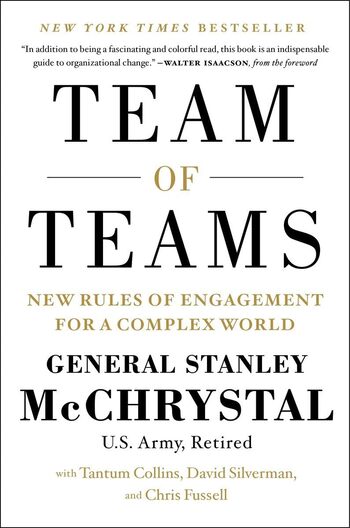
The book explores the history and significance of impeachment in the US, focusing on pivotal cases like Johnson, Nixon, and Clinton, and examines its role as a safeguard for democracy against executive overreach.
Main Lessons
- Impeachment is a constitutional tool designed to prevent executive abuse of power and maintain the integrity of democracy.
- The framers of the US Constitution intentionally left ‘high crimes and misdemeanors’ ambiguous to allow flexibility in addressing misconduct.
- Historical impeachments highlight the balance between personal misconduct and legal violations required for impeachment.
- Andrew Johnson’s impeachment demonstrated that personal animosity alone was insufficient for removal without clear legal transgressions.
- Nixon’s Watergate scandal reshaped the impeachment process, underscoring the importance of accountability and clarifying executive privilege limits.
- The Clinton impeachment highlighted evolving public perceptions of private conduct versus legal obligation and tested executive privilege boundaries.
- Bipartisanship is critical in impeachment proceedings to preserve public trust and ensure credibility in the process.
- Partisan misuse of impeachment risks inflaming political tensions, reflecting the delicate balance between justice and political allegiance.
- Each impeachment invokes a crisis that challenges lawmakers to uphold constitutional duties over partisan interests.
- The history of impeachment serves as both a lesson in governance resilience and a warning for potential future crises.








